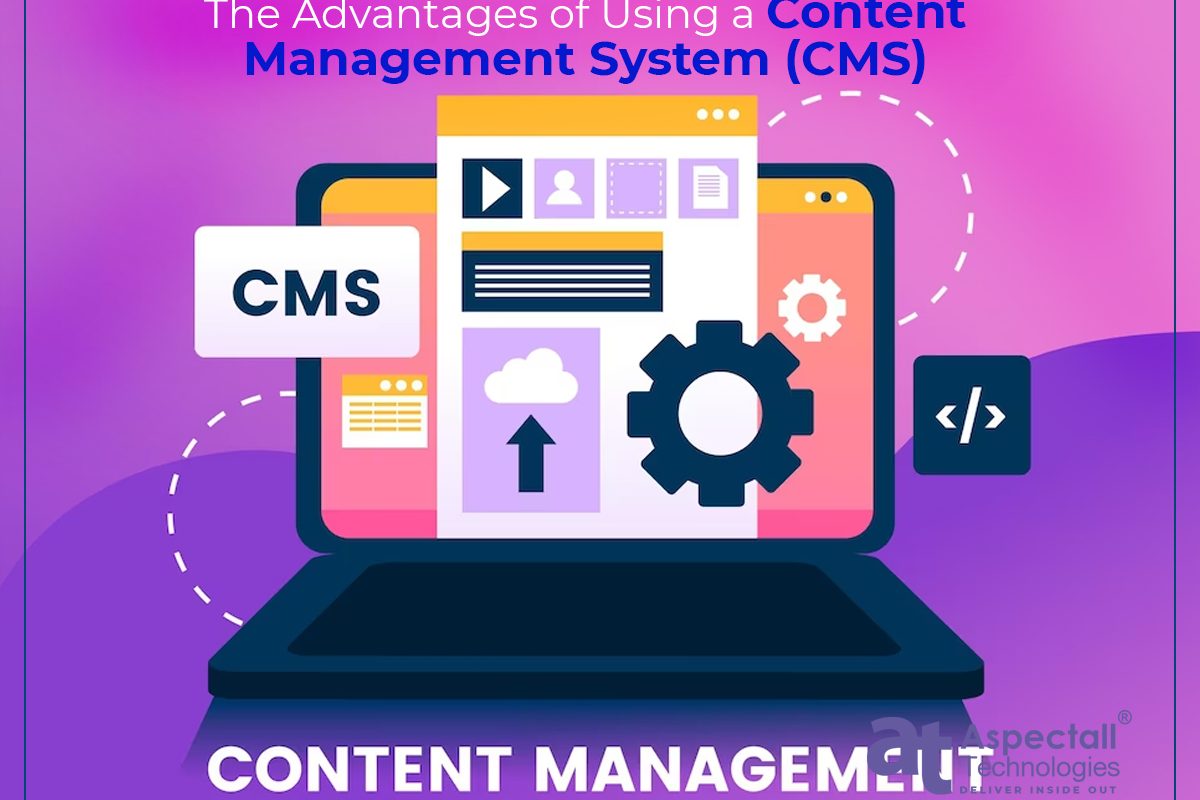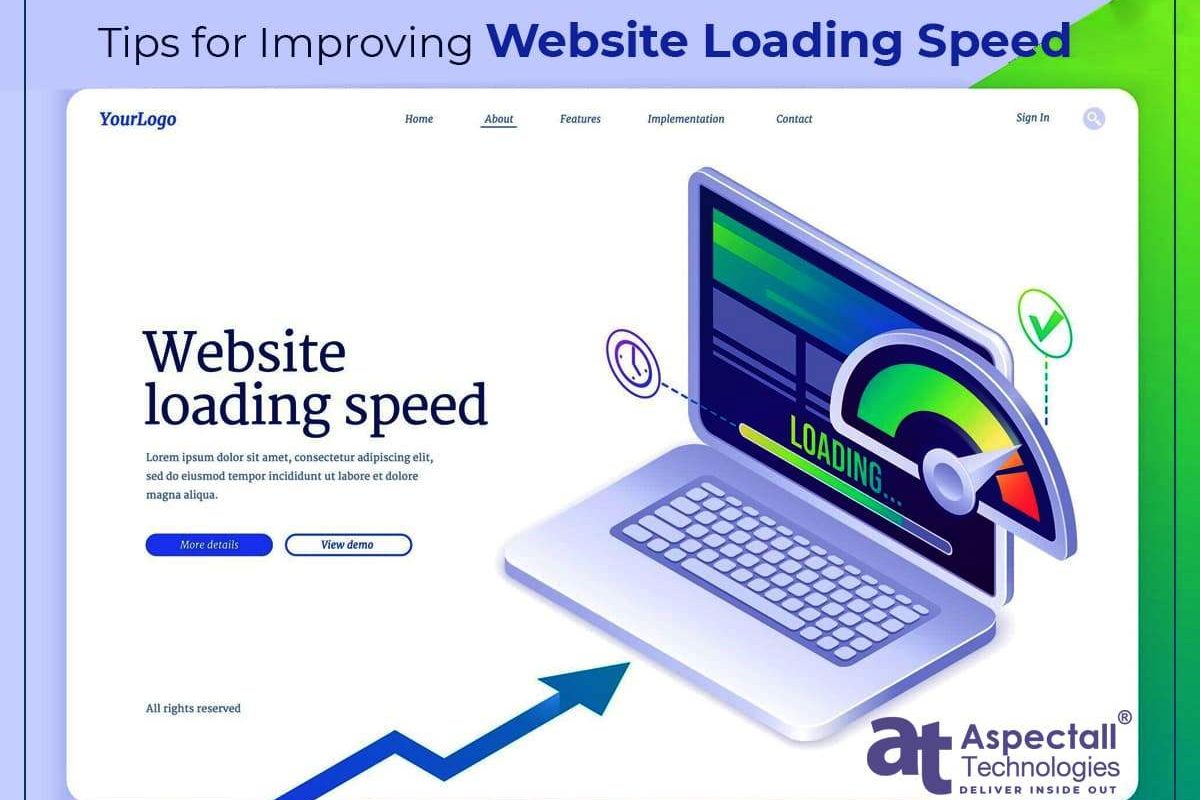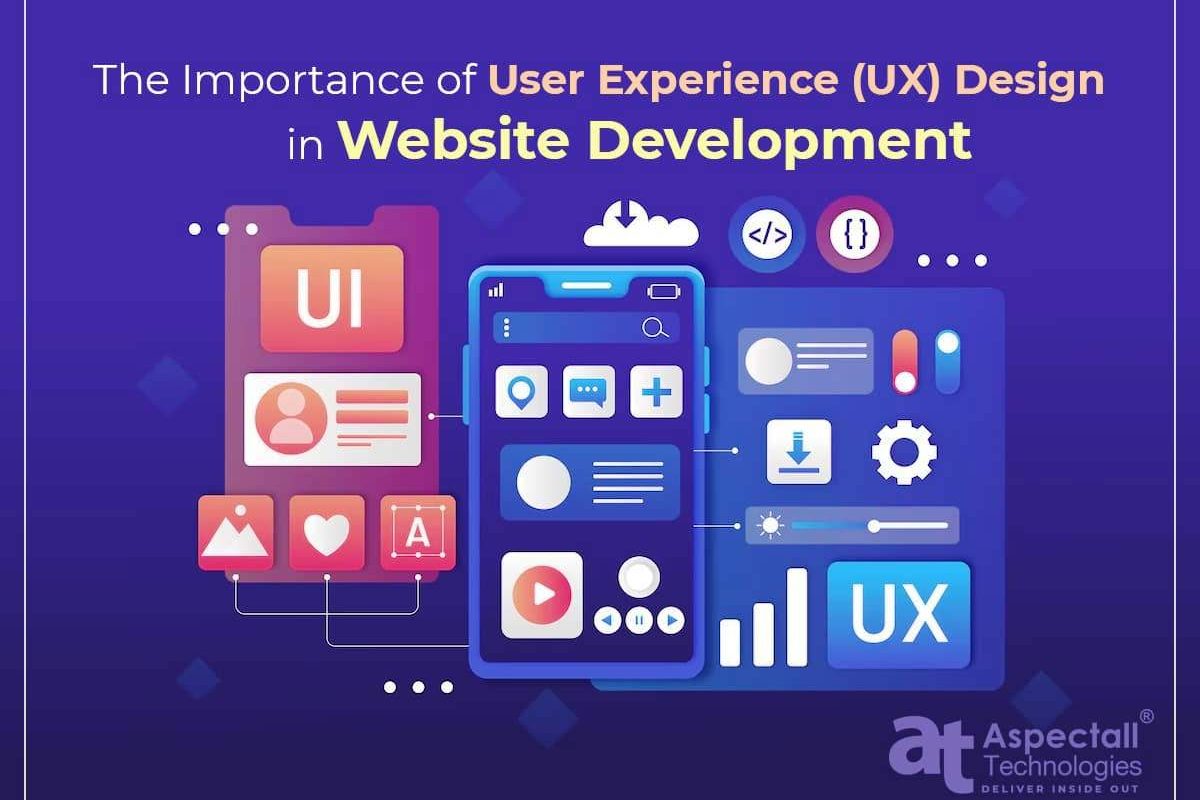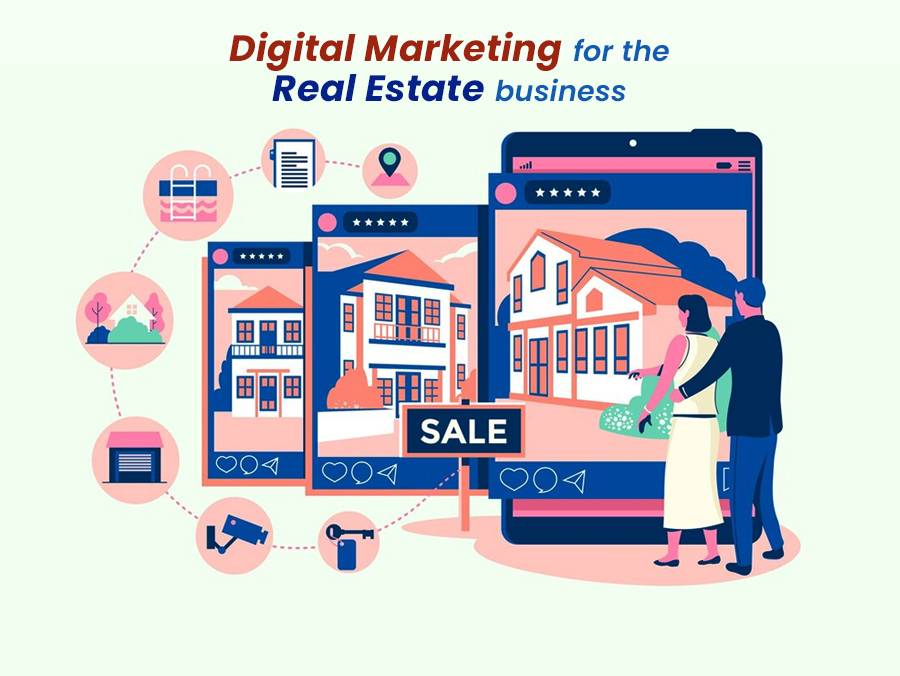Why Choose a Kolkata-based Web Design Company for Your Business
Introduction:
In today’s digital age, having a strong online presence is crucial for the success of any business. A well-designed website serves as a powerful tool to engage with customers, showcase products or services, and establish credibility. When it comes to choosing a web design company, location can play a significant role. In this blog post, we will explore the benefits of selecting a Kolkata-based web design company for your business. Kolkata, the cultural capital of India, is known for its rich heritage, artistic excellence, and growing hub of IT and technology. Let’s delve into the reasons why Kolkata can be the ideal destination for your web design needs.The Legacy of Artistic Excellence:
Kolkata has a long-standing reputation for nurturing art, literature, and creativity. This vibrant cultural heritage spills over into the web design industry as well. Choosing a Kolkata-based web design company means tapping into a pool of talented professionals who possess an innate understanding of aesthetics, visual appeal, and user experience. They have the ability to create websites that not only look stunning but also deliver an immersive and engaging experience to your target audience.Cost-Effectiveness without Compromising Quality:
One of the primary concerns for businesses is managing their budgets effectively. Kolkata offers a significant advantage in terms of cost-effectiveness without compromising on quality. Web Design Company in Kolkata offer competitive pricing structures compared to their counterparts in other major cities. By choosing a Kolkata-based IT company, you can avail yourself of top-notch web design services at a fraction of the cost, allowing you to allocate your resources more efficiently.Technological Expertise and Innovation:
Kolkata’s IT sector has witnessed remarkable growth in recent years. It has emerged as a hub for technological expertise and innovation. Web Design Company in Kolkata stays up-to-date with the latest industry trends and incorporate cutting-edge technologies into their work. By hiring with a Kolkata-based company, you can benefit from their technical proficiency and leverage advancements in web design to create a modern and impactful website for your business.Personalized Attention and Communication:
Another advantage of working with a web design company in Kolkata is the emphasis they place on personalized attention and effective communication. Being in close proximity allows for regular face-to-face meetings, fostering a deeper understanding of your business goals and requirements. This proximity facilitates seamless collaboration, timely feedback, and the ability to incorporate changes more efficiently. Such personalized attention ensures that your website aligns perfectly with your vision and brand identity.Cultural Sensitivity and Global Appeal:
Kolkata’s diverse culture and global outlook provide a unique advantage when it comes to designing websites that cater to a global audience. Web design companies in Kolkata have experience creating websites that respect cultural nuances and resonate with a wide range of users worldwide. By choosing a Kolkata-based company, you can ensure that your website captures the essence of your target market, making it more relatable and appealing to potential customers across different regions and demographics.Rich Portfolio and Diverse Industry Experience:
Kolkata-based web design companies have amassed a rich portfolio of diverse projects across various industries. This extensive experience allows them to understand the unique requirements and challenges faced by different businesses. Whether you operate in e-commerce, hospitality, healthcare, or any other sector, a web design company can bring valuable insights and tailor their solutions to meet your specific needs. Their versatility and adaptability make them an ideal choice for businesses seeking a web design partner that can cater to their industry’s demands.Search Engine Optimization (SEO) Expertise:
Creating a visually appealing website is only one aspect of the web design process. To ensure your website reaches its intended audience, it is crucial to optimize it for search engines. Kolkata-based web design companies have a deep understanding of SEO principles and techniques. They can implement strategies to enhance your website’s visibility and improve its rankings in search engine results. By partnering with a web design company in Kolkata, you can increase your chances of driving organic traffic to your website and reaching potential customers who are actively searching for your products or services.Post-Development Support and Maintenance:
A website requires on-going maintenance and updates to stay relevant, secure, and functional. Kolkata-based web design companies offer comprehensive post-development support and maintenance services. Their dedicated teams can address any issues promptly, provide regular updates, and ensure the smooth operation of your website. This level of support allows you to focus on your core business activities while entrusting the technical aspects to professionals who are committed to your website’s long-term success.Collaborative Ecosystem and Networking Opportunities:
Kolkata’s web design community thrives on collaboration and knowledge sharing. Choosing a web design company in Kolkata opens doors to a collaborative ecosystem where professionals from different disciplines come together to exchange ideas and expertise. This collaborative spirit fosters innovation and enables web design companies to stay at the forefront of industry trends. By engaging with a Kolkata-based IT company, you gain access to this vibrant ecosystem and the networking opportunities it offers, which can contribute to the growth and evolution of your online presence.Cultural Immersion and Inspiration:
Lastly, Kolkata’s rich cultural heritage and vibrant atmosphere can serve as a wellspring of inspiration for web design projects. The city’s art, architecture, festivals, and traditions provide a unique backdrop that can infuse creativity and originality into your website design. Kolkata-based web design companies are adept at incorporating cultural elements and storytelling techniques that resonate with audiences and create memorable user experiences. By embracing the cultural immersion that Kolkata offers, you can set your business apart from competitors and leave a lasting impression on your website visitors.Access to a Skilled Workforce:
Kolkata is home to a vast pool of talented professionals in the field of web design and development. The city boasts numerous renowned educational institutions that produce skilled graduates in disciplines such as computer science, information technology, and design. When you choose a web design company in Kolkata, you gain access to a highly skilled workforce that possesses a deep understanding of the latest industry practices and technologies. Their expertise and proficiency can translate into a website that is not only visually captivating but also technically robust and user-friendly.Time Zone Advantage:
The time zone advantage provided by a web design company in Kolkata can be quite beneficial for businesses that operate in several time zones or that are trying to reach worldwide consumers. Kolkata falls within the GMT+5:30 time zone, which enables seamless communication and collaboration with clients from around the world. The overlapping working hours allow for real-time discussions, quick feedback, and efficient project coordination. This time zone advantage eliminates potential delays and ensures a smooth workflow, especially when working on time-sensitive projects or addressing urgent requests.Extensive Range of Services:
Beyond web design, Kolkata-basedIT companies often offer a comprehensive range of related services to meet all your digital needs. These services may include web development, e-commerce solutions, mobile app development, digital marketing, content creation, and more. By hiring with a web design company in Kolkata, you can benefit from their integrated approach, as they can provide end-to-end solutions to support your online presence and business growth. This eliminates the hassle of coordinating multiple service providers and ensures consistency across different digital platforms.Strong Ethical Standards and Professionalism:
Web Design Company in Kolkatais known for their strong ethical standards and professionalism in delivering client projects. They prioritize transparency, integrity, and open communication throughout the entire web design process. By choosing a web design company in Kolkata, you can expect a high level of professionalism, timely project delivery, adherence to deadlines, and clear documentation of project milestones. These qualities build trust and foster long-term partnerships based on mutual respect and shared success.Cultural Adaptability:
In a globalized business landscape, cultural adaptability is crucial for effective communication and understanding. Kolkata, with its cosmopolitan nature and exposure to various cultures, has nurtured professionals who excel in adapting their services to meet the specific requirements of different clients. Kolkata-based web design companies understand the importance of aligning your website with your target audience’s cultural preferences and expectations. They can tailor the design, content, and user experience to resonate with diverse cultures, ensuring your website’s effectiveness in engaging with your customers.Supportive Business Environment:
Kolkata offers a supportive business environment that fosters growth and innovation. The city is home to numerous co-working spaces, incubators, and entrepreneurial communities that provide a platform for collaboration and knowledge sharing. Choosing a web design company in Kolkata not only gives you access to their expertise but also exposes you to a thriving ecosystem of like-minded individuals and businesses. This ecosystem can serve as a catalyst for creativity, inspiration, and potential collaborations, creating opportunities for your business to flourish.Attention to User Experience:
User experience (UX) is a critical aspect of web design that directly impacts how visitors interact with your website. Web Design Company in Kolkataunderstands the importance of creating a seamless and intuitive user experience. They employ user-centric design principles, conduct thorough usability testing, and implement effective navigation structures to ensure that your website delivers a positive and engaging experience to visitors. By prioritizing UX, a Kolkata-based company can help you retain visitors, increase conversions, and enhance customer satisfaction.Local Market Insights:
A web design company in Kolkata possesses valuable insights into the local market dynamics and consumer behaviour. They have a deep understanding of the preferences, trends, and demands of the local audience. By leveraging their knowledge, they can tailor your website’s design, content, and marketing strategies to effectively target the Kolkata market. This localized approach can give your business a competitive edge and help you connect with potential customers in the region.Flexibility and Customization:
Every business has unique requirements and branding objectives. Kolkata-based web design companies excel at providing flexible and customizable solutions to meet your specific needs. They understand that a one-size-fits-all approach may not work for every business, and they are willing to adapt their services to align with your vision and goals. Whether you require a sleek corporate website, a dynamic e-commerce platform, or a creative portfolio site, a Kolkata-based company can tailor their design and development process to create a customized solution that resonates with your brand identity.Long-Term Partnership:
Choosing a web design company in Kolkata is not just about a one-time project; it’s about establishing a long-term partnership. These companies prioritize building strong relationships with their clients and are committed to their success. They strive to provide on-going support, maintenance, and updates to ensure that your website evolves with your business and stays ahead of the competition. By forging a long-term partnership with a Kolkata-based company, you can rely on their expertise and continuous support as your digital presence grows and evolves over time.Conclusion
In conclusion, choosing a web design company in Kolkata can offer several significant advantages for your business, including a supportive business environment, attention to user experience, local market insights, flexibility, and the opportunity for a long-term partnership. Kolkata’s web design professionals offer a unique blend of creativity, technical expertise, cultural adaptability, and cost-effectiveness that amplifies your brand’s online presence, attracting more visitors and ultimately driving the success of your business. So, if you’re looking for a web design company that brings a unique blend of creativity, affordability, and technical prowess, Kolkata is undoubtedly a destination worth considering.Tips for Improving Website Loading Speeds
Why website loading speed is important?
Website loading speed is crucial for various reasons:- User Experience: Users are likely to get impatient and quit a website if it takes too long to load. A poor user experience caused by a slow website may reduce traffic, engagement, and conversion rates.
- Search Engine Optimization (SEO): Google and other search engines give priority to websites that load quickly because site quality is a key factor in getting a high ranking on search engine results. In search engine results, slow websites are less likely to perform well, which can have a negative effect on traffic and visibility.
- Mobile optimization: Having a fast-loading, mobile-friendly website is essential because now the majority of web traffic is coming from mobile devices. Slow mobile websites not only provide users with a bad experience, but they also affect their ranks in search engines.
- Conversion Rates: Users are more likely to engage with and make purchases on a website that loads quickly, which can increase conversion rates. On the other hand, a slow website can drive away visitors or frustrate them, which will lower conversions and sales.
Tips for improving website loading speeds
Here are some tips for improving website loading speeds: Image optimization: Image optimization is essential as large images can cause a website to load much more slowly. Make sure to optimize images by compressing them while maintaining their quality.- Reduce HTTP requests: HTTP requests are made for each resource on your website, including images, scripts, and stylesheets. Consolidate CSS and JavaScript files, use sprites, and eliminate unused resources to reduce the number of HTTP requests.
- Reduce server response time: The amount of time it takes the server to react to a request might affect how quickly your website loads. Utilize a content delivery network (CDN), caching, and fewer database queries to improve server response time.
- Use a content delivery network (CDN): By distributing content among several servers, a CDN helps to improve the loading speed of websites. As a result, the loading times will be faster due to the reduced distance between the user and the server.
- Use a cache plugin: Caching can help improve website loading speeds by storing frequently accessed data and serving it to users quickly. To improve website performance and reduce server load, use a caching plugin.
- Minimize JavaScript and CSS files: Large JavaScript and CSS files should be kept to a minimum size because they can slow down a website’s loading time. Reduce those files by removing the unnecessary extra code and whitespace.
- Optimize Web fonts: Web fonts should be optimized because they can also affect website loading speeds. Optimize the web fonts with appropriate font weights and styles and limit the number of fonts used.
Conclusion
Overall, website loading speed is a critical factor that helps to provide a positive user experience, optimize for search engines, and increase conversion rates. However, you can increase your website loading times by optimizing images, reducing HTTP requests, decreasing server response time, caching, minimizing CSS and JavaScript files, and optimizing web fonts. By giving priority to your website’s loading speed, you may boost user interaction, improve search engine exposure, and increase the website conversion rate, which helps boost your business growth.The Importance of User Experience (UX) Design in Web Development
The process of building and managing websites on the Internet is known as Web Development. Web design, web content development, client-side scripting, server-side scripting, and network security settings are among the tasks that are involved. To build websites that are useful, interactive, and aesthetically pleasing to users, web developers use a variety of programming languages, including HTML, CSS, JavaScript, PHP, and many others. Additionally, they make sure that websites are user-friendly and SEO-friendly. In general, web development is important in the digital world because it enables individuals and companies to establish an online presence and connect with a wider audience.
The Importance of User Experience (UX) Design in Web development of website or web application
User Experience (UX) Design is vital for web development since it intends to give users a satisfying experience while accessing a website or web application. The success of a website or web application may be impacted by the way visitors perceive and interact with it. This can be changed significantly by a well-designed user interface.Here are a few reasons why UX design is crucial in website creation:
- Enhances Usability:The goal of UX design is to create intuitive, user-friendly interfaces that make it easier for visitors to explore a website or web application. Users will be more likely to stay on a website longer and have a better experience if the UX design of a website or web application is improved.
- Increases User Satisfaction: By providing a good user experience, users are more likely to be satisfied with the website or web application of a business and may be more likely to visit it repeatedly or suggest it to others.
- Improves Brand Reputation: A well-designed user experience website or web application can improve a brand’s reputation by establishing a positive impression in the user’s mind. This may help in setting a brand apart from competitors and establishing brand awareness.
- Increased Conversion Rates: If your website or web applications have a feature-rich user interface, users are more likely to perform a desired action (such as visiting your website or applications frequently, making a purchase, filling out a form, etc.). So a seamless user interface helps increase conversion rates and grows your business.
- Reduce Development Costs: UX design can help minimize development costs by identifying probable issues early in the design process and fixing them.
Conclusion:
Overall user experience (UX) design is a vital component of web development that shouldn’t be ignored. It focuses on designing user-friendly, intuitive user interfaces that give users a satisfying experience while engaging with a website or web application. A superb user experience can boost brand perception, boost user satisfaction, raise conversion rates, and reduce development costs. UX design should therefore be regarded as an essential component of every web development project in order to ensure that the final outcome offers an effective and successful user experience.Why is digital marketing important for the real estate business?
Digital marketing is important for real estate as it allows real estate professionals to reach a large and targeted audience through various online platforms and channels. This includes search engines, social media, email marketing, and websites. With the growing number of people using the internet to research and search for properties, digital marketing provides an effective way to showcase listings, build brand awareness, and generate leads. Additionally, digital marketing provides real estate professionals with data and analytics to measure the effectiveness of their marketing efforts, enabling them to make informed decisions and continuously improve their marketing strategies.
Why is Digital Marketing important for the real estate business?
Many people are looking for information using search engines.
Everyone nowadays (more than ever) uses a search engine to find almost any piece of information. Nobody wants to waste time asking a friend or next-door neighbour for information when a smartphone or computer can get it in a matter of minutes. As a result, you should establish an online presence to increase brand visibility. After all, this is where your leads congregate, and you don’t want them to miss you in their searches.Effectiveness of video and mobile marketing in Real Estate Industry
Video and mobile marketing can be highly effective for real estate. Video marketing allows real estate professionals to showcase properties in a dynamic and engaging way, providing potential buyers with a virtual tour of the property and allowing them to see the property’s features and layout before visiting in person. Mobile marketing is also important as an increasing number of people use their mobile devices to search for properties. A mobile-friendly website, SMS marketing, and push notifications are effective ways to reach potential buyers and keep them updated on new listings and other real estate news. In both video and mobile marketing, it’s important to focus on delivering high-quality, relevant content that provides value to potential buyers. This will help build trust and establish the real estate professional as a trusted and knowledgeable source in their market.Online reviews are important.
Yes, online reviews are important in real estate, as they can greatly impact a potential buyer’s decision-making process. Online reviews provide prospective buyers with insights into a real estate professional’s past performance and reputation, helping them to determine if the professional is trustworthy and reliable. Positive reviews can also help increase the visibility of a real estate professional’s brand and listings, while negative reviews can have the opposite effect. As such, it’s important for real estate professionals to actively manage their online reputation by responding to both positive and negative reviews in a professional and timely manner. Overall, online reviews play a significant role in the success of a real estate professional’s digital marketing efforts and should be incorporated into their overall strategy.Ease of performance tracking
The ease of performance tracking is one of the key advantages of digital marketing in real estate. Digital marketing provides real estate professionals with data and analytics that allow them to track the performance of their marketing efforts in real-time and make informed decisions based on this information. For example, website analytics can provide information on website traffic, sources of traffic, and conversion rates, allowing real estate professionals to track the effectiveness of their website and identify areas for improvement. Similarly, email marketing software can track open rates, click-through rates, and conversion rates, helping real estate professionals determine the success of their email campaigns and adjust their strategy accordingly. In addition, most digital marketing channels and platforms provide real estate professionals with detailed reports and analytics that can help them measure the effectiveness of their campaigns, understand their target audience, and make data-driven decisions to improve their marketing results. Overall, the ease of performance tracking is a key advantage of digital marketing in real estate and provides real estate professionals with the information they need to continuously improve their marketing efforts.Easier to reach the target audience.
Yes, digital marketing makes it easier for real estate professionals to reach their target audience. With digital marketing, real estate professionals can use various online platforms and channels to target specific demographics, interests, and behaviors, increasing the chances of reaching the right people with their message. For example, social media advertising allows real estate professionals to target users based on factors such as age, location, interests, and behavior, enabling them to reach a highly targeted audience. Similarly, search engine advertising and search engine optimization (SEO) can help real estate professionals reach potential buyers who are actively searching for properties in their area. In addition, email marketing and SMS marketing allow real estate professionals to target individuals who have previously expressed interest in their services or properties, making it easier to reach a highly engaged and interested audience. Overall, digital marketing provides real estate professionals with the tools and capabilities they need to reach their target audience and connect with potential buyers more effectively.Freedom to go paperless
Yes, digital marketing allows real estate professionals to go paperless, reducing their reliance on traditional print materials and streamlining their marketing efforts. By utilizing digital marketing channels such as websites, email marketing, and social media, real estate professionals can reach potential buyers with property listings, news, and updates without having to produce and distribute physical materials. This can save time and resources, as well as reducing their environmental impact. In addition, digital marketing provides real estate professionals with the ability to store and access all of their marketing materials and data in one central location, making it easier to track and manage their marketing efforts. This includes property listings, client information, and marketing performance data, among other things. Overall, digital marketing offers real estate professionals the freedom to go paperless, streamlining their marketing efforts and reducing their impact on the environment.Multiple opportunities to get creative
Yes, digital marketing offers real estate professionals multiple opportunities to get creative and stand out in a competitive market. With digital marketing, real estate professionals can use various online platforms and channels to showcase their properties and services in new and innovative ways. For example, they can create engaging and interactive virtual tours of properties using video, 360-degree photography, and augmented reality. They can also use social media to share behind-the-scenes content and share their personal brand story, helping to build trust and establish a connection with potential buyers. In addition, digital marketing provides real estate professionals with the opportunity to use data and analytics to inform and optimize their marketing strategies, allowing them to continuously improve their results and stay ahead of the curve. Overall, digital marketing offers real estate professionals multiple opportunities to get creative and differentiate themselves in a crowded market, helping them to connect with potential buyers and achieve their business goals.Strategies that realtors can use to increase lead generation
Real estate professionals can use the following strategies to maximize leads:-
Optimize their website:
A well-designed, user-friendly website is crucial for attracting and converting leads. Real estate professionals should ensure their website is optimized for search engines, mobile devices, and user experience. -
Use targeted advertising:
Utilize targeted advertising to reach potential buyers who are actively searching for properties in their area. This can be done through search engine advertising, social media advertising, and other targeted advertising platforms. -
Create valuable content:
Provide potential buyers with valuable and informative content, such as property listings, neighborhood information, and home buying tips. This will help build trust and establish the real estate professional as a knowledgeable and trustworthy source in their market. -
Utilize email marketing:
Email marketing is a powerful tool for nurturing leads and staying in touch with potential buyers. Real estate professionals should create email campaigns that provide valuable content and updates, and segment their email list to ensure they are sending relevant content to each individual. -
Engage with social media:
Social media is a great way to reach potential buyers and engage with the local community. Real estate professionals should regularly post relevant and valuable content, respond to comments and messages, and utilize social media advertising to reach a wider audience. -
Ask for referrals:
Encourage satisfied clients to refer friends and family to the real estate professional. This can be done by offering incentives, such as discounts on future services, or simply by asking for a referral at the end of a successful transaction. -
Continuously track and analyze results:
Continuously track and analyze the results of their marketing efforts, and use this information to inform and optimize their strategy. This will help real estate professionals identify what is working and what is not, and make data-driven decisions to improve their results over time.






